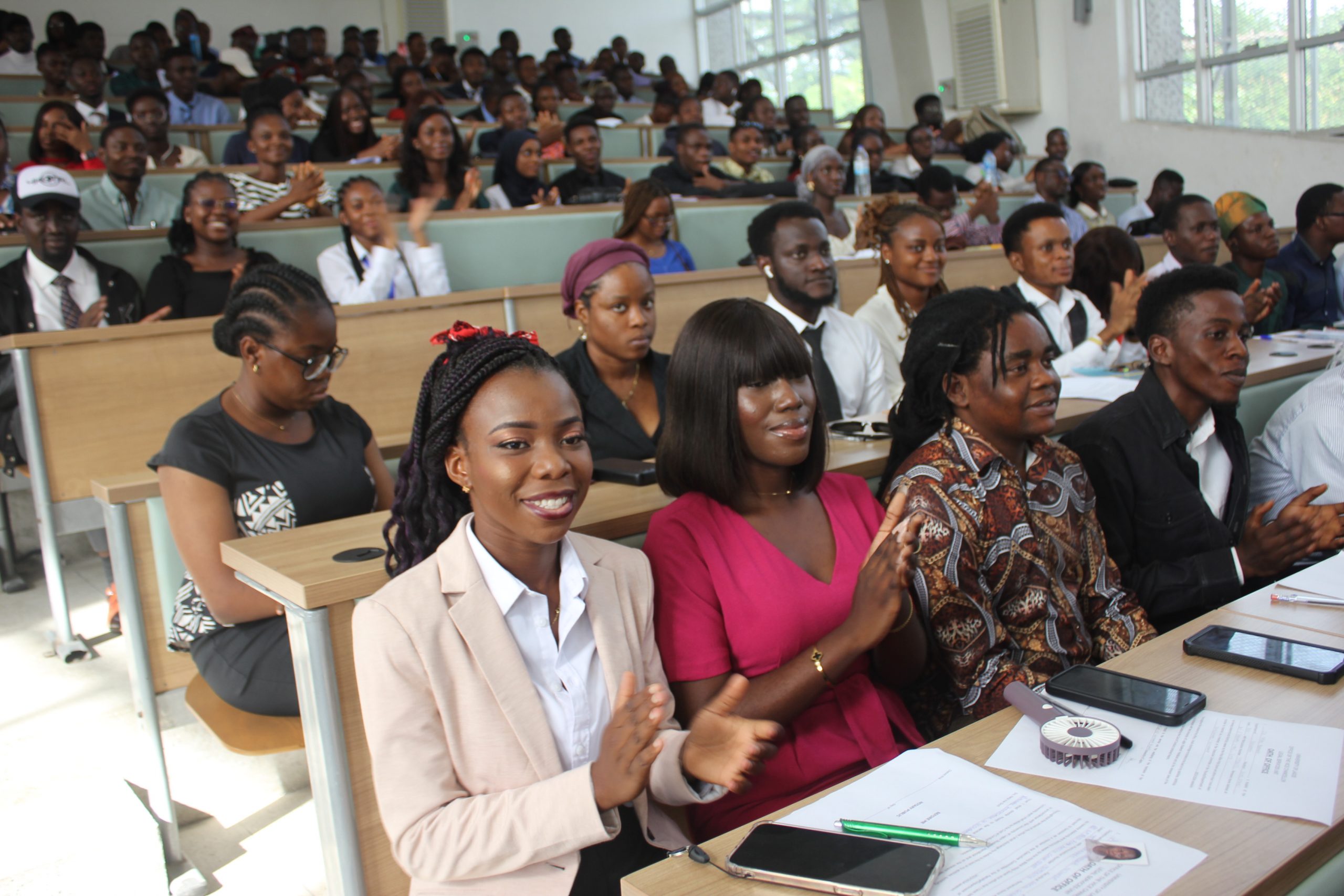BY OLUWASEYI DASHO
Each year, Nigeria loses some of its brightest minds to developed countries. Our universities, once vibrant centres of innovation and scholarship, now struggle with depleted faculty strength, overstretched academics, poor pay, and minimal research funding. Many who leave have no intention of returning, leaving behind institutions struggling to keep pace in an increasingly knowledge-driven world.
This exodus has a cost far beyond the classrooms. When academic departments are left with too few hands, the quality of teaching and research suffers. Laboratories go unused, mentorship opportunities vanish, and students are denied the rigorous academic guidance they deserve. The result is a vicious cycle: universities slip further down the global rankings, making them even less attractive to the scholars we desperately need to retain.
Yet, Nigeria can reverse this trend. Rather than viewing brain drain solely as a loss, we can reframe it as an opportunity for brain gain. Our scholars abroad are not lost to us forever—they remain Nigerians, deeply connected to the future of this country. With today’s communication technology, geographical barriers are no longer insurmountable.
Advertisement
Here are some practical steps
Virtual engagement: Mandate every university department to engage Nigerian academics abroad through structured pro bono service. This could take the form of co-supervising graduate students, offering virtual seminars, or co-teaching specialised courses. Departments should actively reach out, extending honorary faculty positions that recognise their contributions while easing the bureaucratic hurdles of participation.
Sabbaticals in Nigeria: Create opportunities for Nigerian scholars abroad to spend sabbatical periods teaching and conducting research in Nigerian universities. Incentivising such short-term returns through visiting professorships, funded residencies, or research collaborations will directly transfer expertise to students and junior faculty.
Advertisement
Collaboration with home-based scholars: Encourage joint projects where foreign-based scholars work hand in hand with local academics. Such partnerships would build research capacity, expose Nigerian universities to global best practices, and open doors for joint publications, grants, and international recognition.
China offers a powerful example. In China’s case, many overseas-trained scholars did not immediately return permanently. Instead, they contributed while still based abroad, through mechanisms such as short-term visits and sabbaticals in Chinese universities, remote collaborations (co-authoring papers, joint grant applications, supervising PhD students), and participation in national programmes like the “Thousand Talents Plan” and “Changjiang Scholars Program”.
These allowed Chinese diaspora academics to retain their overseas jobs while holding part-time or visiting professorships in China. Virtual teaching and research collaboration, especially after digital platforms became widespread, further deepened these ties.
During the 1990s and 2000s, China shifted its strategy from demanding permanent return to embracing flexible return policies. This approach allowed diaspora academics to contribute without uprooting their families or careers abroad. Studies have shown that this knowledge circulation model helped China rapidly expand its research capacity and rise in global science and technology rankings.
Advertisement
Nigeria can follow a similar path, leveraging its global academic diaspora as an engine of progress. By turning brain drain into brain gain through sabbaticals, virtual collaborations, and meaningful engagement between diaspora and home-based scholars, we can transform our higher education system into one that competes globally, inspires locally, and delivers the future our young people deserve.
Oluwaseyi Dasho can be contacted via [email protected]
Views expressed by contributors are strictly personal and not of TheCable.










